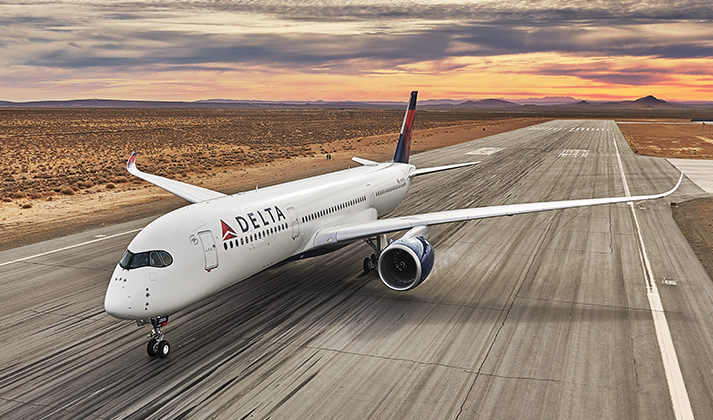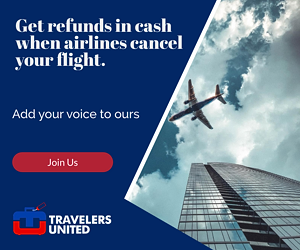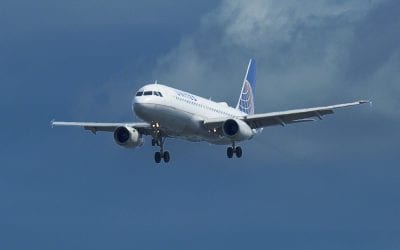Nobody likes airline fees match, especially when it involves checked bag fees.
 Frequent fliers and travelers with expensive credit cards can avoid airline fees match. Perhaps they don’t get outraged as much with changes to baggage fees as with other airline fees.
Frequent fliers and travelers with expensive credit cards can avoid airline fees match. Perhaps they don’t get outraged as much with changes to baggage fees as with other airline fees.
It took a few weeks, but Delta Air Lines matched United and American Airlines with a $5 increase on the first two checked bags, from $30 for the first and $40 for the second, to $40 and $45, respectively. The word here is “matched” — not raised the fee for the second bag only, for example, and Delta didn’t decide to charge more or less than the other legacy carriers.
A USA Today article featured this quote, “Major U.S. carriers often copy one another’s pricing changes, which move behavior analysts sometimes refer to as herd instinct.”
The issue covers more than only bag fees — it also covers other fee hikes.
 But herd instinct doesn’t quite explain this or other price hikes. Especially the subtle hikes that don’t make news. The biggest is carrier surcharges, which used to be called fuel surcharges until fuel prices started dropping and airlines didn’t want to give up their surcharges.
But herd instinct doesn’t quite explain this or other price hikes. Especially the subtle hikes that don’t make news. The biggest is carrier surcharges, which used to be called fuel surcharges until fuel prices started dropping and airlines didn’t want to give up their surcharges.
They’ve gone up steadily from hundreds now to close to $2,000 on a business class ticket to Europe. Actually, $1,940 on a business class ticket from San Francisco to London. Yes, $1,940. Up from $1,910 a couple months ago, and $1,700 last spring. The major carriers — American, United and Delta — all match exactly.
Carrier surcharges are pure profit.
As I’ve written before, these carrier surcharges are pure profit, too. They are not part of the official fare. So, like resort fees, they are non-discountable and non-commissionable even to preferred travel agents and tour operators.
While it makes sense that airlines would sneak these fees in because they can, even hotels aren’t in lockstep on resort fees. The fact that airlines match exactly is more evidence the three major carriers in the US do function as an oligopoly. (Along with their code-share partners for tickets to Europe.)
Even business class tickets are affected. Bag fees match affect everyone.
At least this behavior on business class tickets presumably affects people who can afford it.
But returning to checked bags, fees for a family vacation are becoming a major vacation expense. Again, especially for infrequent fliers who can least afford them.
The fees will not improve the boarding process at the airport, as those trying to save money and/or time will try any tricks they can to try to carry their luggage aboard. Travelers, usually in later boarding groups, will encounter problems at the gate on full flights, which slows things for everyone.
And no doubt airlines aren’t done. We’re guessing the big three won’t raise baggage fares again soon, but since they never met a fee they didn’t like, we have to wonder, what’s next? Alaska Airlines, the sixth largest carrier, quietly took the ability to bring boarding passes away from their kiosks. (You either print at home or go to the desk, or use an online boarding pass.)

Because they can.
READ ALSO:
CEO says United Airlines planes are safe
Airline customer service commitments — are they worthless?
Janice Hough is a California-based travel agent a travel blogger and a part-time comedy writer. A frequent flier herself, she’s been doing battle with airlines, hotels, and other travel companies for over three decades. Besides writing for Travelers United, Janice has a humor blog at Leftcoastsportsbabe.com (Warning, the political and sports humor therein does not represent the views of anyone but herself.)



